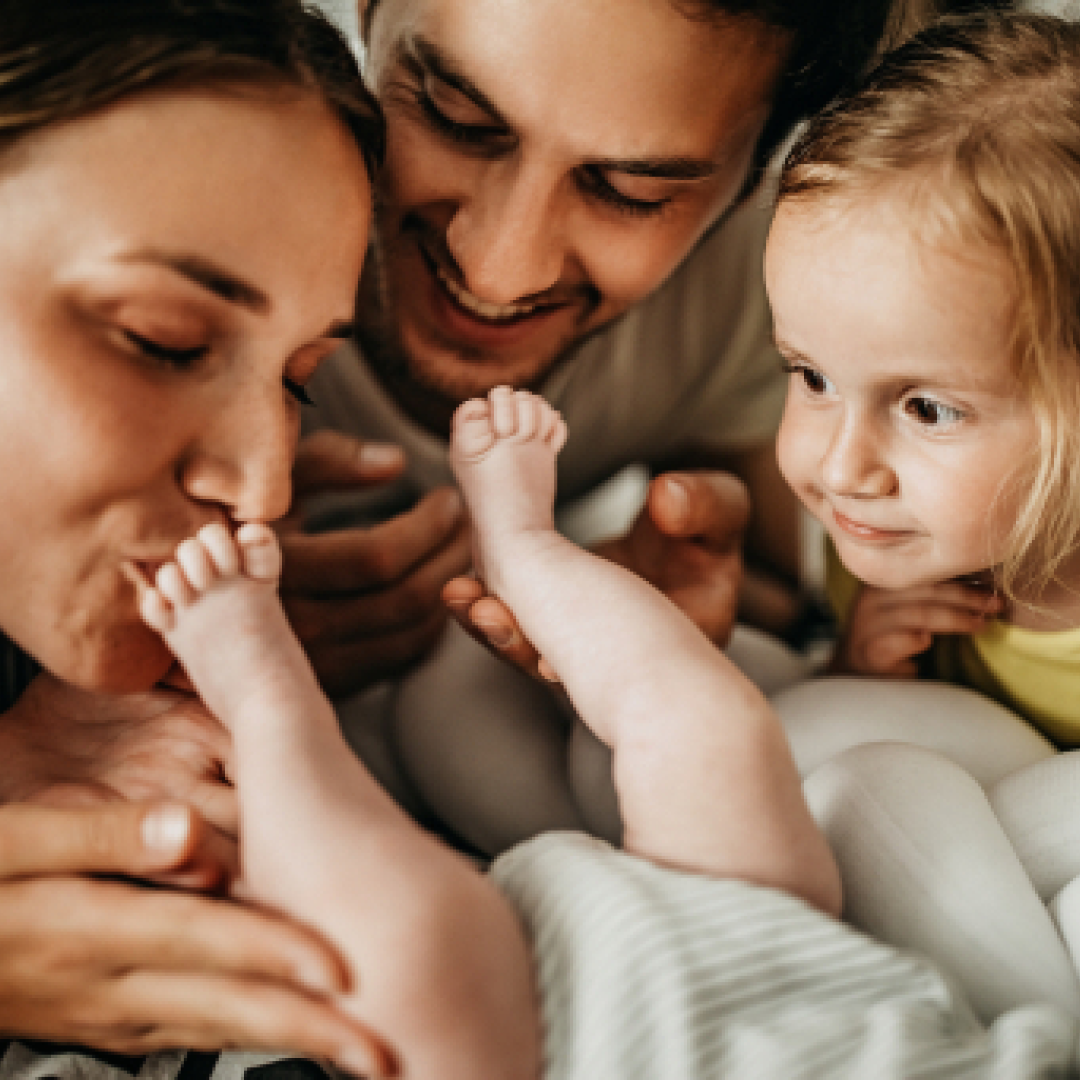Sleep Health
Parents’ Values Shape Parenting Practices and Beliefs that Impact Infant Sleep
This study asked whether parents’ values impacted parenting expectations related to infant sleep.
Sleep Health
Using Auto-Videosomnography to Study the Relation between Sleep and Nightwaking in Infancy
The aim of this study was to test whether auto-videosomnography, which has been shown to be as accurate as actigraphy for documenting infants’ sleep characteristics (Horger, et al., 2021), could ef...
Sleep Health
Nocturnal parental involvement in infant sleep is associated with worse parental sleep, but only among fathers
This study investigated the associations between parent nocturnal interventions in infant sleep and parental sleep duration and subjective quality, accounting for infant’s age, infant nocturnal sle...
Sleep Health
Partner involvement in infant care at night is associated with better maternal sleep postpartum
This study aimed to quantify the associations between maternal sleep duration and partner involvement in infant care at night.
Sleep Health
Determinants of infant sleep health: bedtime behavioral factors, socioeconomic status, and parental perceived stress but not infant race/ethnicity are associated with infant sleep.
In this study, we aim to examine racial/ethnic differences in sleep in a sample of non-Hispanic White (NHW) and Hispanic infants between 6-12 months of age, accounting for socioeconomic status, par...
Sleep Health
Links between parental education, infant nighttime sleep duration, and parental confidence in managing infant sleep
This study aimed to examine the associations between parental confidence and sleep among parents of infants who use a commercially available video sleep monitor and an associated mobile sleep healt...
Sleep Health
Parental Report versus Auto-Videosomnography Assessment Of Children’s Sleep
This study aims to explore 1) the differences between parent reported vs auto-videosomnography assessed child’s sleep; and 2) variables associated with differences of these two measures.
Sleep Health
Objectively Measured Sleep Metrics in Infants and Toddlers undergoing Night-time Boots and Bar Brace Treatment for Clubfoot Compared to Age Matched Controls
The current study aimed to objectively measure sleep metrics in children who are following a standard Ponseti nighttime bracing regimen and compare clubfoot sleep metrics to age and geographically...
Sleep Health
Assessing behavioral interventions for infant sleep problems using computer-vision technology
The current study aimed to assess parents' experiences in implementing infant behavioral sleep interventions (BSIS) in a real-world setting, and whether BSIS are linked with objective infant sleep...
Peer-Reviewed Published Studies
Sleep Health
Early Identification of Sleep Phenotypes in Infants by Videosomnography: A Cross-Sectional Study
This study aimed to fill the current gap in the literature by using objective sleep metrics obtained via auto-VSG to identify distinct clusters of sleep patterns in US infants aged 9-12 months.
Pediatric Health & Wellness
Does Teething Disrupt Infant Sleep? A Longitudinal Auto-Videosomnography Study
The objective of this study was to examine prospectively the relationship between teething and infant sleep using objective sleep measurements.
Sleep Health
A cross-sectional study on the relationship between infant sleep, temperament and bedtime practices
We explored the interplay between infant temperament, sleep characteristics, and bedtime practices.
About Nanit Lab
We've put together a cutting-edge think tank of scientists, engineers, physicians, academic experts, and thought leaders to develop best-in-class research among three primary pillars: Sleep Health, Postpartum Anxiety & Depression, and Pediatric Health and Wellness.




























